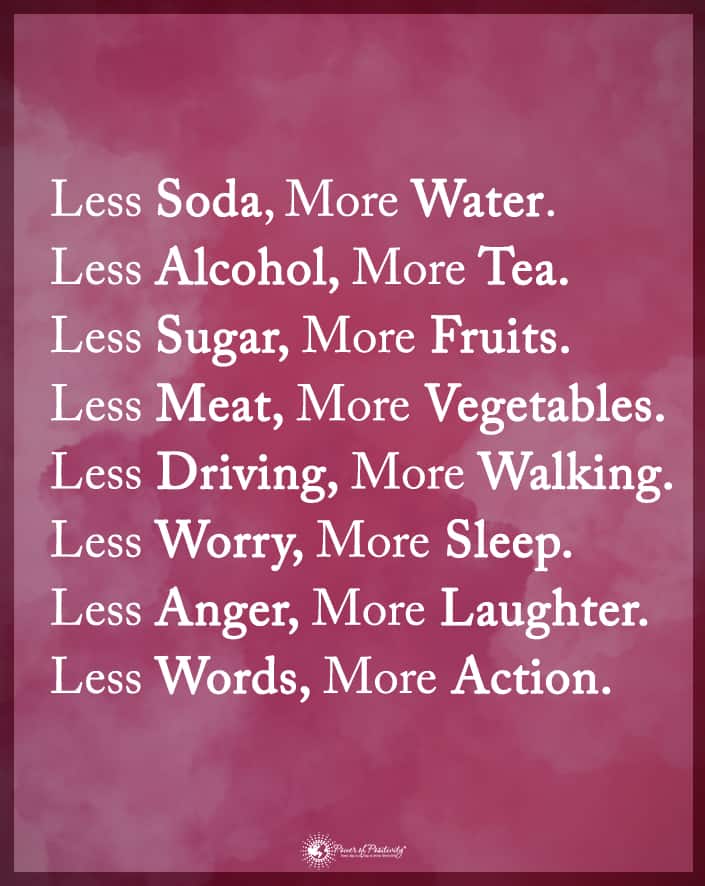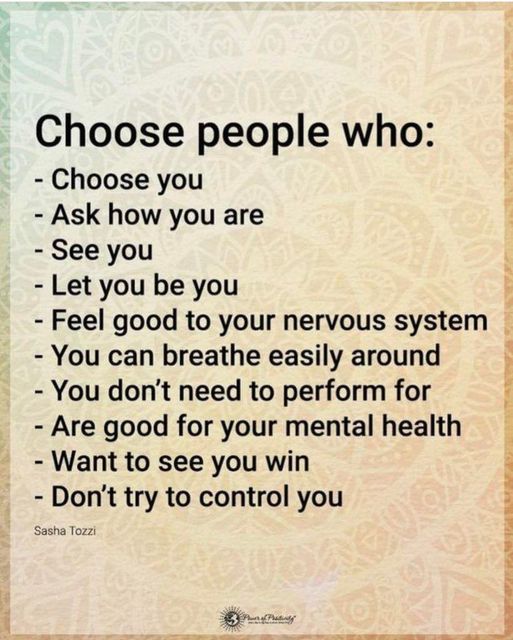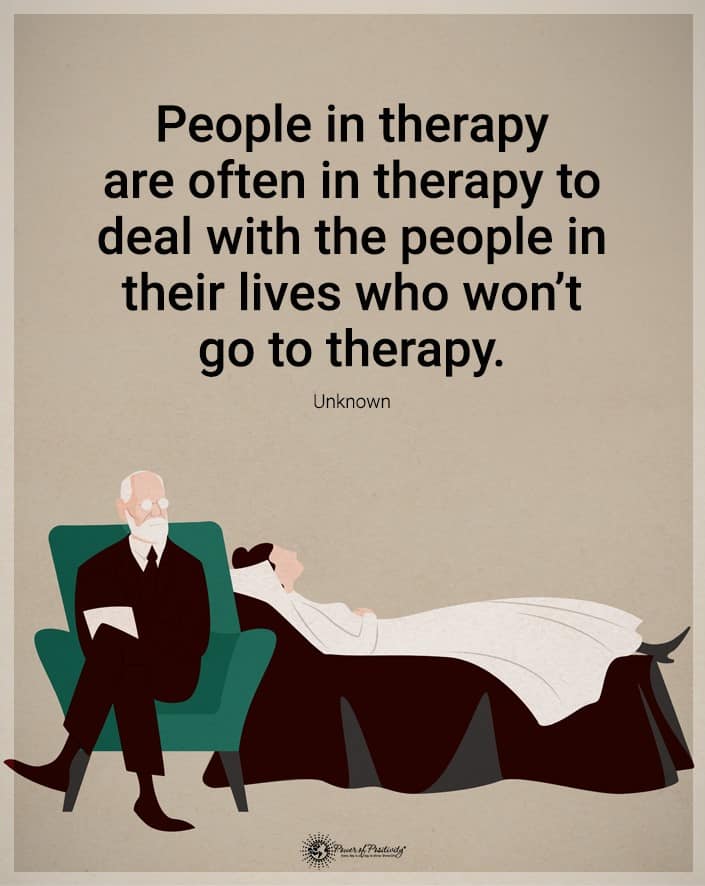While an age doesn’t really mean much, doing certain things before you turn 30 will help you later on in life. Plus, during your teens and 20s, you have a considerable amount of freedom that you might not have in the coming years.
We believe everyone should create their own bucket list, of course, but we also think that everyone should get an opportunity to do the following things while they’re young.
Here are 10 things everyone should do before they turn 30:
Related article: 25 Things You’ll Never Regret Doing
1. Travel to foreign countries.
It’s one thing to read about cultures and foreign lands in a textbook – it’s a whole different ballgame to actually experience it for yourself. Travel expands your horizons, gives you greater understanding of other ways of life, and makes you more tolerant and accepting. Also, it helps you to think on your feet more, become comfortable with the uncomfortable, and learn to appreciate what you have. Before you turn 30, travel to the places you’ve always dreamed of. You won’t regret it for a minute.
2. Become part of a group or organization that aligns with your purpose.
Nothing feels better than to become part of something bigger than you that actually matches up with your interests and beliefs. Want to help cure world hunger? Why not see if you can find a local organization that feeds the homeless? While this won’t solve the greater issue overnight, it will certainly help people, and that satisfaction you get from serving others is priceless. Before you turn 30, reflect on what your goals are and what you feel most passionate about, then go out into the world and see how you can work toward accomplishing those dreams.
3. Leave a job that drains you.
It’s been drilled into us from an early age that we must figure out what we want to do with our lives before we even become an adult, drop thousands of dollars on an education, and then spend 40+ years working towards retirement in a job we may or may not enjoy. This doesn’t mean that people can’t find happiness following a traditional path, however, the statistics speak for themselves – 52.3% of Americans feel unhappy at work. So, if you fall into that group of people, ask yourself why you continue to go to that job. If you can’t find a reason other than to pay the bills, don’t feel afraid to leave that job, or career, in favor of something else that truly makes you happy.
4. Learn how to cook.
In this world, we have access to a plethora of foods, from Taco Bell to fine dining establishments. However, most of the “foods” out there have been so altered that they hardly resemble the natural foods they come from. Before you turn 30, learn how to cook for yourself using fresh, healthy ingredients. You’ll save money, save time, and save your health. What could be better than that?
5. Learn to really, truly love yourself.
Many industries in this world profit off of people who don’t really love themselves. Think about it – the beauty industry mostly profits off of women and men who somehow feel inadequate in their appearance and want a quick fix to make them feel better about themselves. The diet industry profits off of vulnerable people who have struggled with weight less and/or simply getting healthy, and want a quick fix for slimming down. Advertisements urge us to buy this because we deserve it, eat this because we’ve had a long week and need to indulge, or do this because it will make us feel more confident. It never ends, but within yourself, you’ll find all the answers.
Loving yourself means to go within and accept yourself the way you are. Nothing outside yourself will ever match the love you can give to yourself.
6. Set money aside for experiences, not material items.
We have covered this topic before in one of our previous articles that you may have read. Science now proves that we don’t get as much satisfaction out of buying material items as we do buying experiences, simply because the items don’t come with memories. We create memories when we try new things, and people are more likely to bond over a shared experience than, let’s say, the TV they both just bought. Before you turn 30, try to use your disposable income on experiences that will stay with you for years to come.
7. Volunteer.
Like we mentioned before, helping others gives you instant gratification. It will improve the lives of others while also helping you to better yourself and your life. You can find tons of local opportunities for volunteering if you just Google your city + volunteering, or talk to people from your community. Before you turn 30, learn to look out for others as much as you look out for yourself. This will truly bring you inner happiness and fulfillment.
8. Date different kinds of people.
We sometimes get trapped in a box of the people we should date, the people we should be, and the things we should do and say. However, going along with stereotypes or what feels the safest won’t help you grow. If you continue to date the same types of people, you won’t really figure out who you get along with best, or what type of person vibes the best with you. Before you turn 30, commit to meeting as many people as possible so that you can both grow as a person, and learn which types of people you connect the best with.
9. Relax.
Before you turn 30, learn how to disconnect from all the worries and stress in your mind. This might be the most important thing on this list, because so many people live in a continual state of anxiety and fear. Allow yourself to let go and ride the waves of life. You can’t control the outcome, but you can control your own reactions to it.
10. Take care of your health.
Before you turn 30, commit to eating healthy the majority of the time, and exercising regularly. Many people sadly experience health problems later in life that could’ve (most likely) been prevented with assurance of health.
How many of these things have you done before 30? Are you still doing them after 30? Let us know in the discussion below!





 Anxiety disorders are mental health conditions that can prevent you from living a normal life. They interfere with your ability to work, attend school, visit family or attend family events, and participate in other social situations.
Anxiety disorders are mental health conditions that can prevent you from living a normal life. They interfere with your ability to work, attend school, visit family or attend family events, and participate in other social situations. Causes Of Anxiety Disorders
Causes Of Anxiety Disorders Final Thoughts on Anxiety Disorders: Types, Symptoms, Causes, and Diagnosis
Final Thoughts on Anxiety Disorders: Types, Symptoms, Causes, and Diagnosis



